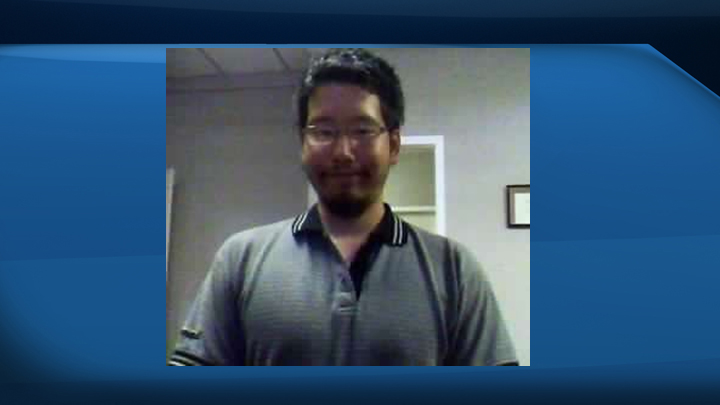A guilty plea will stand for Leslie Black, accused in an attack that left a Saskatchewan homeless woman badly burned and with both of her legs amputated.

Black had applied to recant his guilty plea to attempted murder in the attack on Marlene Bird in June 2014 in Prince Albert.
READ MORE: Final arguments in Leslie Black’s expungement hearing
Justice Hugh Harradence wrote in his decision handed down Friday that Black “made a conscious and voluntary decision to plead guilty for reasons that were appropriate to him.”
“He may now be questioning his decision, but in my view, there is nothing in the evidence that would suggest his guilty plea is invalid or should be set aside.”
Bird was found clinging to life in a parking lot outside a community centre in downtown Prince Albert.
She was burned so badly that doctors had to amputate both her legs. She has also had several surgeries for skin grafts.
READ MORE: Prince Albert woman’s legs amputated after being beaten, burned
Harradence said he believes Black was aware that he was entitled to a trial or he could instruct his lawyer to attempt to negotiate a plea.
Brent Little, Black’s defence lawyer, argued that Black’s former counsel didn’t not properly explain the consequences of pleading guilty.
- London Drugs remains closed, says it is reviewing billions of lines of data
- Parents of 3-month-old baby killed in wrong-way Highway 401 crash also hurt
- Trump trial hears recording discussing hush money scheme: ‘What do we got to pay?’
- Windows shattered, property damaged as May Day protests turn violent in Montreal
Little also said Black didn’t have the mental capacity to understand the proceedings.
Much of the confusion seemed to stem from the possibility of Black being designated a dangerous offender, which carries an indefinite prison sentence.
Black said he would never have pleaded guilty had he known he could be in prison for the rest of his life.
READ MORE: Sask. man pleads guilty to attempted murder of homeless woman
The judge said there’s no evidence that Black suffers cognitive deficits to such an extent that his ability to understand is compromised.
“The evidence indicates that he voluntarily made the decision to admit the intention to kill and this decision was supported by the alleged evidence,” wrote Harradence.
“Clearly, the decision was not easy for this accused but that does not mean the result was an invalid guilty plea.”
”The decision was arrived upon after several months of deliberation by the accused and with the assistance of several discussions with his counsel.”
In asking to set aside the plea, Black had also said that he didn’t intend to kill Bird and was threatened to admit he set her on fire.
But he couldn’t say who had threatened him.
Harradence said there’s no foundation for that suggestion and “rather, it is likely that the accused, with the assistance of other inmates, has reconstructed this memory.”
The case is expected to be back in court June 8.

Comments